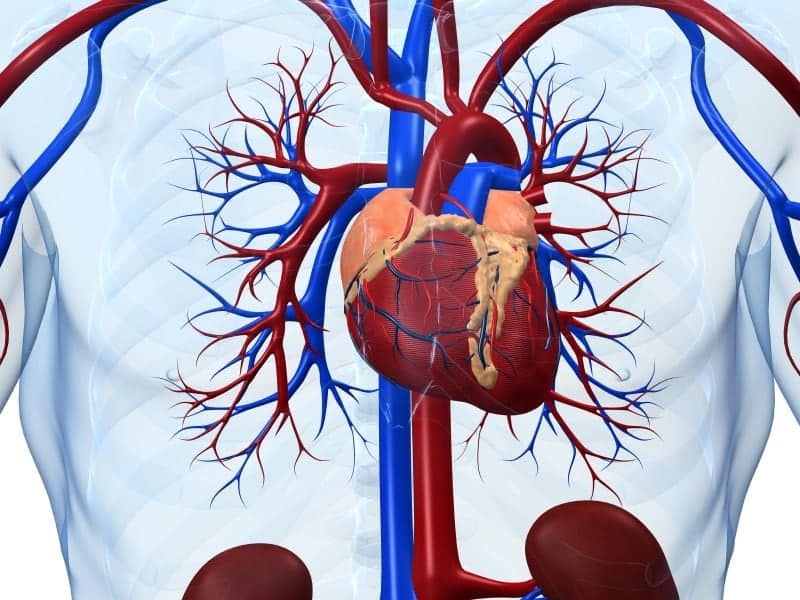TUESDAY, Sept. 24, 2019 (HealthDay News) — Automated machine learning (ML) analysis has the potential to provide faster analysis of cardiovascular magnetic resonance imaging (CMR) with similar levels of precision, according to a study published online Sept. 24 in Circulation: Cardiovascular Imaging.
Anish N. Bhuva, M.B.B.S., from University College London, and colleagues compared the precision of ML and humans using a multicenter, multidisease scan:rescan dataset. One hundred ten patients from five disease categories underwent scan:rescan CMR. Left ventricular chamber volumes, mass, and ejection fraction (LVEF) were measured by an expert, a trained junior clinician, and a fully automated convolutional neural network trained on 559 independent disease cases.
The researchers found that clinicians can be confident detecting a 9 percent change in LVEF, with intraobserver variation accounting for more than half of the scan:rescan coefficient of variation (CV). Scan:rescan precision was similar for expert, trained junior, and automated measurements (CV, 6.1, 8.3, and 8.8 percent, respectively). Compared with humans, automated analysis was 186 times faster (0.07 versus 13 minutes).
“Based on multicenter, multivendor, multifield strength, multidisease data, a 9 percent change in ejection fraction can be detected confidently by expert clinicians, and this is similar using automated analysis,” the authors write. “Given that a major source of measurement variability is attributable to the observer, automated approaches offer the future potential to surpass human experts, demonstrable using this scan-rescan resource.”
Several authors disclosed financial ties to the pharmaceutical industry.
Abstract/Full Text (subscription or payment may be required)
Editorial (subscription or payment may be required)
Copyright © 2019 HealthDay. All rights reserved.



